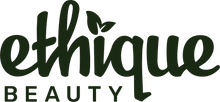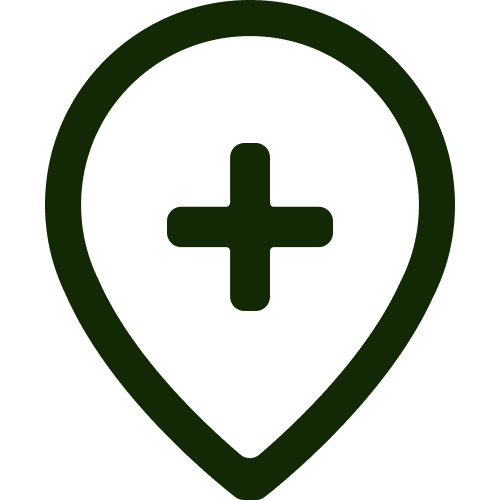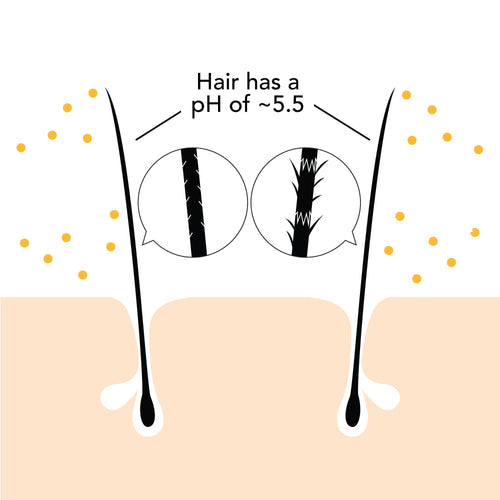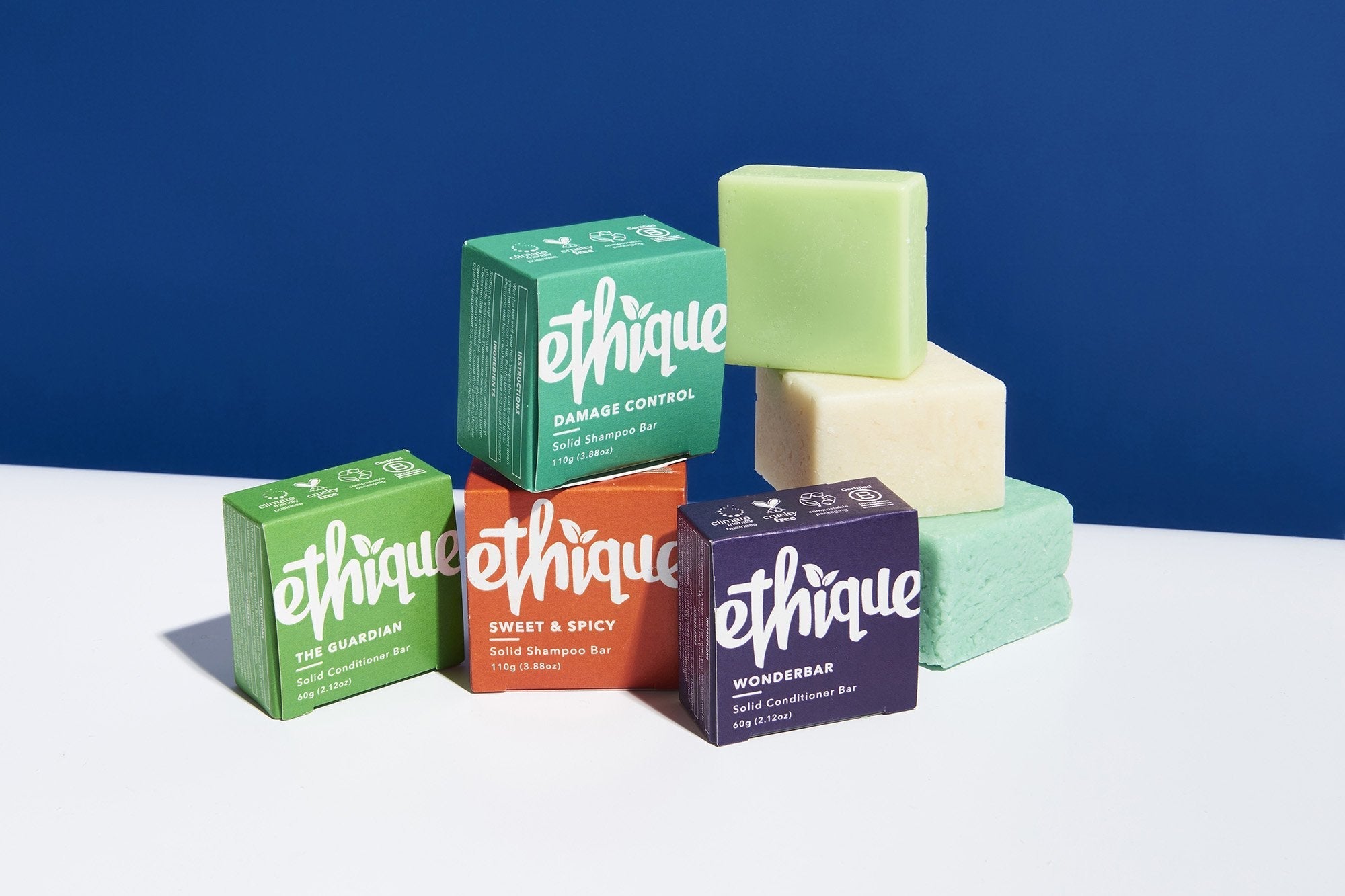Cruelty-free means just that. A product that was created from top-to-bottom, without harming or killing an animal. This harm is the barbaric practice of testing ingredients or finished products on live animals, to ensure the safety of a product.
Animal testing has been outlawed in many areas around the world, including New Zealand, the EU and India, where it's now illegal to carry out cosmetic animal testing.
However, whilst in Europe it is illegal to sell products that have had animal testing carried out in their development, this is disappointingly not the case in New Zealand.
There are a variety of animal tests that are still carried out. The one test most people are aware of is called the Draize test. This is where a measured amount of a substance is applied to either the eye or skin of a captive, conscious animal (usually a rabbit), left for specific amount of time, and then the effects recorded. This causes incredible amounts of pain, the animals are euthanised afterwards (or ‘reused’ as the industry puts it) and yet, the results are regardless as unreliable.
Why is it an unreliable test?
- The results are unreliable because animal skin and eyes are significantly different to our own.
- The wound is visually inspected, which is subjective to the viewer, therefore causing inconsistencies in data.
- Ingredients in skin care are not used at the concentrations that they are applied in this test. In testing, they use a 100% concentration of ingredients - even for ingredients such as benzyl alcohol, which in actuality is only ever used at a less than 0.7% concentration.
However, no scientific consensus has been reached on one test that would replace the Draize test. So, it continues, although in diminishing numbers around the world due to people who care making their feelings known to manufacturers and brands.
So, what are the alternatives to animal testing?
For the vast majority of companies who are not on the cutting edge of science, animal testing simply isn’t necessary. Ingredient safety and efficacy has been determined for many years, so the use of the ingredients in a typical formulation simply requires human testing during formulation. As there is nothing unusual about these formulas, there is no concern (other than the usual issue with allergies that all ingredients can cause.)
For companies developing new ingredients, there are other testing methods, such as using computer modelling or biochemistry systems (called in vitro, meaning ‘in glass.’)
So, when a company says they are cruelty free, what does that mean?
It could mean nothing. If a company simply states ‘cruelty free’ or ‘vegetarian’ on their packaging, it can mean absolutely nothing. It is just another way to greenwash and mislead consumers. To ensure you are not being misled, look for reputable certification bodies, like those in the diagram below.
To be certified cruelty free by a reputable certification, they must fit the following criteria.
- The company themselves must not test their finished products on animals;
- The company must not test any of their ingredients on animals;
- The company must not commission other companies to test their products, or their ingredients, on animals
- The ingredients they use must not have been tested on animals within the last 10 years (this last one depends on the certification body.)

What about vegan?
Vegan products are a little more controversial. Many people believe that products which are not vegan, cannot be classed as cruelty free. How can a product containing ingredients such as squalene (often from shark liver) and silk (from silkworms) be considered cruelty free if the animal had to die to produce it? It gets murkier for people when ingredients such as lanolin (from sheep wool) and honey are considered, as the animal is not killed for these ingredients, though some believe that harm is caused.
So what can we do as consumers?
The good news is that consumer awareness is growing, and slowly but surely, brands are listening. The best thing you can do is to vote with your dollar - by supporting brands and companies that are certified cruelty-free, you are helping to shape the world we live in, and in turn making the world a better place for the animals we share it with.
Our promise? 100% cruelty-free, forever.
Not only does Ethique not test on animals, we only use ingredients that haven’t been tested on animals. We don’t take the sneaky route of getting another organisation to test on animals for us either. And we will never, ever change our stance on producing cruelty-free cosmetics. So, we’re proudly certified cruelty free under the Cruelty Free International Leaping Bunny Programme, the internationally recognisable gold standard for cruelty free products. We adhere to a fixed cut-off date policy and proactively monitor our suppliers to ensure that our products continue to adhere to the Leaping Bunny criteria. Our supplier monitoring system is also independently audited. Fortunately, there are immense volumes of data available to us (and other organisations, of course) about ingredient safety and efficacy. This information renders animal testing unnecessary for most companies. Instead, the best course of action is to formulate products based on the data and the safety it proffers. Then, test those products on willing human participants.
Another promise? Vegan ingredients, without exception.
This means we don’t use any ingredients derived from animals. Even if an animal doesn’t die in production, there’s too much risk of poor treatment and exploitation for us to be involved. We believe there is no need to include animal products in cosmetics and that plant based and even synthetic ingredients can do a far superior job with none of the harm.
Our commitment to 100% cruelty free and vegan products, without exception, is proven.
If you think about it, it’s bizarre that NOT being cruel to animals is a special stance some companies take, rather than, you know, an expected part of a business run by decent human beings. But that’s the world we’re in. Being good to people and planet must also include being good to the creatures living on the planet. So we’ve been purposefully animal cruelty-free from the start.
We’ve proven that naturally derived, plant-based ingredients do a far superior job, with none of the harm, and it’s a stance that we will never change. We look forward to the day when we’re no longer asked “Are you cruelty-free?” because it is simply unheard of to be anything but!
Sources:
http://www.understandinganimalresearch.org.uk/policy/cosmetics/
https://www.niehs.nih.gov/health/topics/science/sya-iccvam/index.cfm

 Impact
Impact Blog
Blog Store Locator
Store Locator


